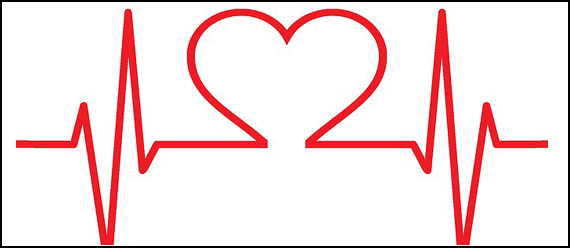It may surprise you to know that cholesterol itself isn't bad. In fact, cholesterol is just one of the many substances created and used by our bodies to keep us healthy. Some of the cholesterol we need is produced naturally (and can be affected by your family health history), while some of it comes from the food we eat.
There are two types of cholesterol: "good" and "bad." It's important to understand the difference, and to know the levels of "good" and "bad" cholesterol in your blood. Too much of one type — or not enough of another — can put you at risk for coronary heart disease, heart attack or stroke.
Cholesterol comes from two sources: your body and food. Your liver and other cells in your body make about 75 percent of blood cholesterol. The other 25 percent comes from the foods you eat. Cholesterol is only found in animal products.
A cholesterol screening measures your level of HDL and LDL. HDL is the "good" cholesterol which helps keep the LDL (bad) cholesterol from getting lodged into your artery walls. A healthy level of HDL may also protect against heart attack and stroke, while low levels of HDL (less than 40 mg/dL for men and less than 50 mg/dL for women) have been shown to increase the risk of heart disease.
If you need to increase your HDL to your reach your goals, studies show that regular physical activity can help your body produce more HDLs. Reducing trans fats and eating a balanced, nutritious diet is another way to increase HDL. If these measures are not enough to increase your HDL to goal, your healthcare practitioner may prescribe a medication specifically to increase your HDLs.
LDL cholesterol is the "bad" cholesterol. When too much of it circulates in the blood, it can clog arteries, increasing your risk of heart attack and stroke.
LDL cholesterol is produced naturally by the body, but many people inherit genes from their mother, father or even grandparents that cause them to make too much. Eating saturated fat, trans fats and dietary cholesterol also increases how much you have. If high blood cholesterol runs in your family, lifestyle modifications may not be enough to help lower your LDL blood cholesterol. Everyone is different, so work with your doctor to find a treatment plan that's best for you.
Source: www.heart.org





Contact Us